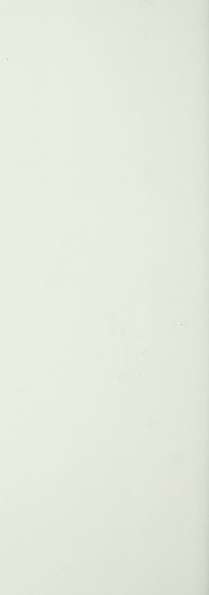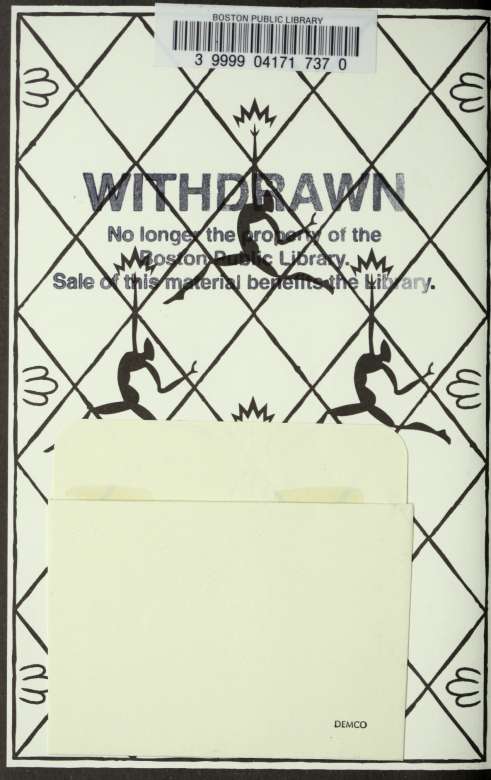“You want that, you can certainly have it,” General Nichols said. “Gun mountings oughtn’t to be hard; only, placing the magazines will take a little working out, I think.”
Colonel Ross had observed the staff car coming through the gate. He said with relief: “There we are. Here’s Hicks. Want to talk to him, Bus?”
“No,” General Beal said. “You talk to him on the plane, Jo-Jo. I can’t tell him anything.”
General Nichols turned toward the waiting plane and raised his hand. From the control compartment window an acknowledging voice called down: “Let’s go!”
The crew chief said: “O.K., Major. Fire up any time.”
“Switch on! Left engine. Clear?”
“Clear, sir.”
With a deep heaving grunt the left propeller moved, twitched over on the energized engine. It caught instantly, broke out with a bang. The propeller spun to a blur; the light beams thrown on it balanced, walking back.
The roar, throttled down, diminished a little; and bawling from the other window, the co-pilot’s voice carried: “Switch on! Right engine. Clear—”
Colonel Ross walked over to the car.
“You’re late,” he said to Captain Hicks. “Though not very. You’d better get right on board. The general says he hasn’t any instructions. General Nichols may want to talk to you about it.” Colonel Ross regarded him attentively. He said: “You have what looks like a little lipstick on your face, Captain.”
♦
Watching the plane taxi off, General Beal said: “Walk along here a minute, Judge.”
At a strolling pace he moved from the lighted ramp out past the gaping opened doors of Hangar Number One. A B-24, its enormous four-engined wings spreading almost from wall to wall, had been moved in there. The monster was supported on massive steel trestles and men seemed to be working on a landing gear assembly. One rubber-tired wheel as big as the men had been taken off.
General Beal paused and watched a moment. He moved on then across the taxiway, out to the edge of the paving, facing the field.
General Nichols’s plane, down past the long hangar line, had paused broadside at the head of the runway. Above it in the dark middle air, four or five hundred feet up, a shafting white wingbeam came on, slanting ahead for the ground—the last of the night fighters about to land. Colonel Ross could see the puff of flaming gases flicker out its exhausts. At this angle slowly, floating like a feather, the dim hulk came down, hit the runway with a soft bump, and swept on into dark-
ness.
612 ■ James Gould Cozzens
General Nichols’s plane moved again, turning, the rudders twitching to align it. It trembled hard, gathering itself as the throttles went forward. The noise of its engines climbed to full roar. Irresistibly tugged, it began to roll. With a smooth rise of speed, its position lights fleeting in the dark, faster and faster it went humming away. Suddenly, in the everyday miracle, it was flying. The lights lofted gently, drew off the ground, parted from the earth.
“That’s it!” General Beal said.
“Well!” said Colonel Ross. “Think he had a good time?”
“The end of a perfect day,” General Beal said. “Jo-Jo is quite a man, Judge. It’s a little hard to follow him sometimes; but he’s a good flyer. I always remember that. I guess we got by. He likes you, Judge.”
“I am complimented,” Colonel Ross said. “I don’t dislike him. I think that General Nichols may end by amounting to something. If that’s true, he’s more likable than many people on their way to amounting to something.”
General Beal said lightly: “Jo-Jo thinks I need a nurse. That’s you. I guess I do act that way” He laughed. “Don’t worry, Judge,” he said. He put his hand suddenly on Colonel Ross’s shoulder. “Even Jo-Jo knows they could do without him before they could do without me. That’s not boasting, Judge. There’s a war on. Jo-Jo can talk to Mr. Churchill; but the war, that’s for us. Without me—without us, he wouldn’t have a whole hell of a lot to talk about, would he?”
Feeling the thin strong fingers, nervous but steadily controlled, pressing the cloth of his shirt, Colonel Ross almost started. The pressure was intelligible. It was the kindly hand laid on poor Pop to walk the distracted old boy out of the office, compassionately sending him on to the lake.
General Beal said: “It’s late, Judge. I just wanted to say one or two things. How about that, tonight? Pop was really in a spin. After all these years, I don’t think he has Botty figured out.”
‘After all these months I’m not sure I do,” Colonel Ross said. “Botty’s a great little fixer,” General Beal said. His tone was amused. “Not that it matters, but between you and me, what did that smart little son of a bitch do with that paper?”
Colonel Ross said: “Is there any reason to doubt that he burned it?”
General Beal said: “I watched you and Jo-Jo giving each other the eye.” He laughed. “That incinerator is only going in the mornings, usually; so my guess is, when he got caught short, he tore it into little pieces and flushed them down the can. What do you think?”
Colonel Ross said: “Well, General—”
“Come on, Judge!” General Beal said. “You say why. Why did he think he had to get rid of it? Not so as he wouldn’t be blamed, certainly. He keeps telling us and telling us he is to blame. Would you figure he must figure that’s better than having somebody see it?”
“That’s what I’d figure,” Colonel Ross said.
“I mustn’t see it; you mustn’t see it; Pop mustn’t see it. Make you think of anything?”
“It makes me think I sometimes take a good deal on myself, General,” Colonel Ross said.
General Beal said: “Judge, I have some little weaknesses, like having to do things my way; and Jo-Jo thinks I’m just a fly-boy, and I am. No, I’m not any master mind; but spell it out for me and I’ll pretty often get it. You tell me what you think I don’t know, and I’ll tell you what I think you don’t know; and we’ll get there. Only, I want you to pick up after Pop. It isn’t really much, it isn’t really often; but watch it, will you?”
“I’ll try,” Colonel Ross said. “An old man like me, a man I knew once—he was a judge, too—used to say: sed quis custodiet ipsos custodes ? Know what that means?”
“Hell, no,” General Beal said. “There are quite a few things I don’t know.”
“Well, in this case it might mean, who’s going to pick up after me?”
General Beal slapped his shoulder lightly. “I could take care of that, when it happens,” he said. “I’ll do the best I can, Judge; and you do the best you can; and who’s going to do it better?”
Back on the ramp an automobile horn was violently blown. General Beal turned; and Colonel Ross turned, too. Standing in the car, Mrs. Beal cupped her hands to her mouth and yelled: “Ira! We want to go home!”
“Why not?” General Beal said. “Shall we go, Judge?”
Yet he stood a moment, his eyes narrowed, raised to the night. The
position lights of the northbound plane could still be made out by their steady movement if you knew where to look. The sound of engines faded on the higher air, merging peacefully in silence. Now in the calm night and the vast sky, the lights lost themselves, no more than stars among the innumerable stars.
The Modern Library Editorial Board
Maya Angelou Daniel J. Boorstin A. S. Byatt Christopher Cerf Shelby Foote Vartan Gregorian Larry McMurtry Edmund Morris John Richardson Arthur Schlesinger, Jr. William Styron
Gore Vidal
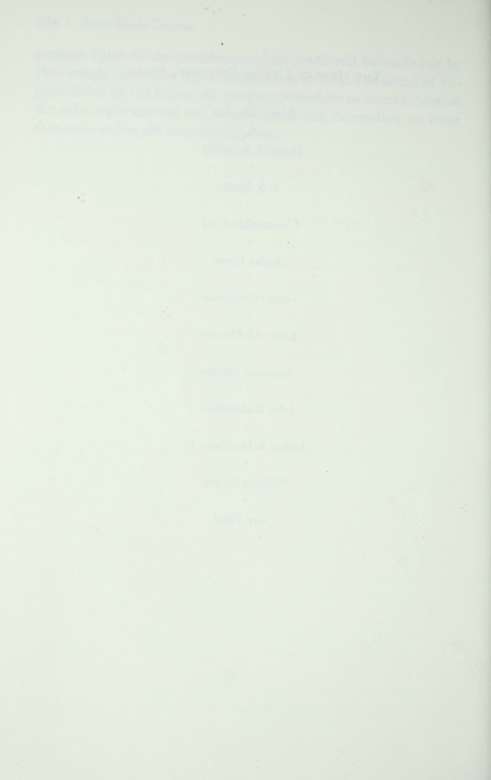

A Note on the Type
The principal text of this Modern Library edition was set in a digitized version of Janson, a typeface that dates from about 1690 and was cut by Nicholas Kis, a Hungarian working in Amsterdam. The original matrices have survived and are held by the Stempel foundry in Germany. Hermann Zapf redesigned some of the weights and sizes for Stempel, basing his revisions on the original design.
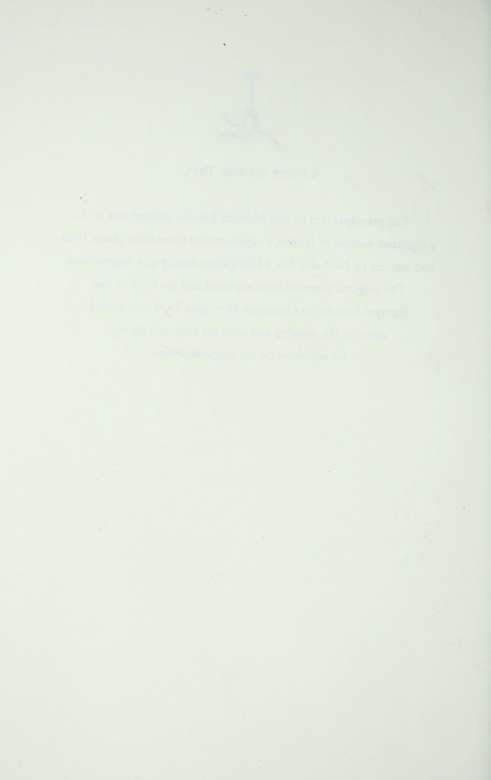


h








